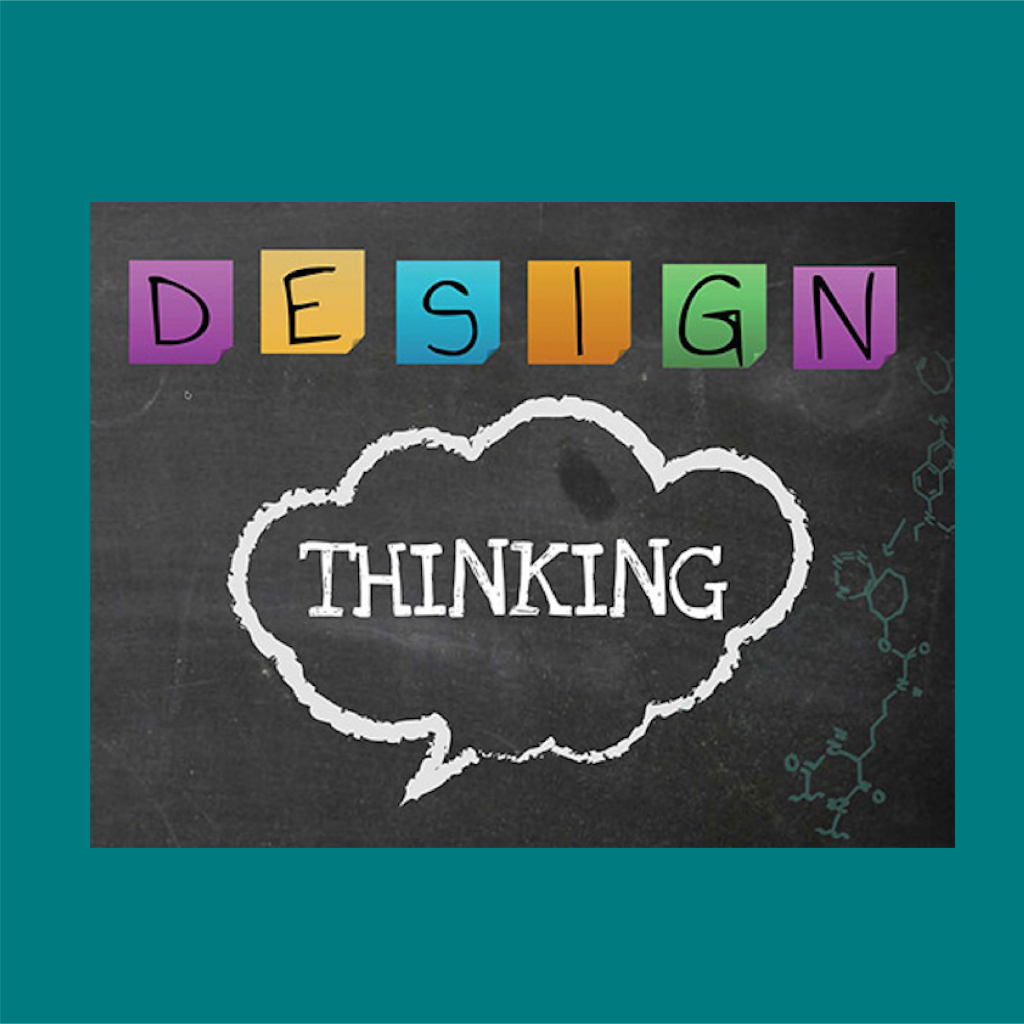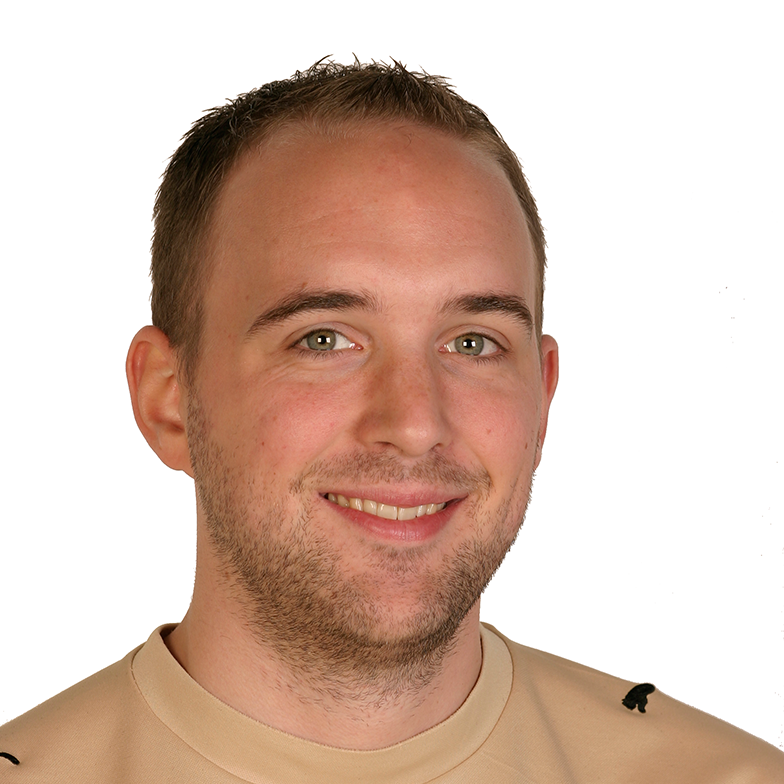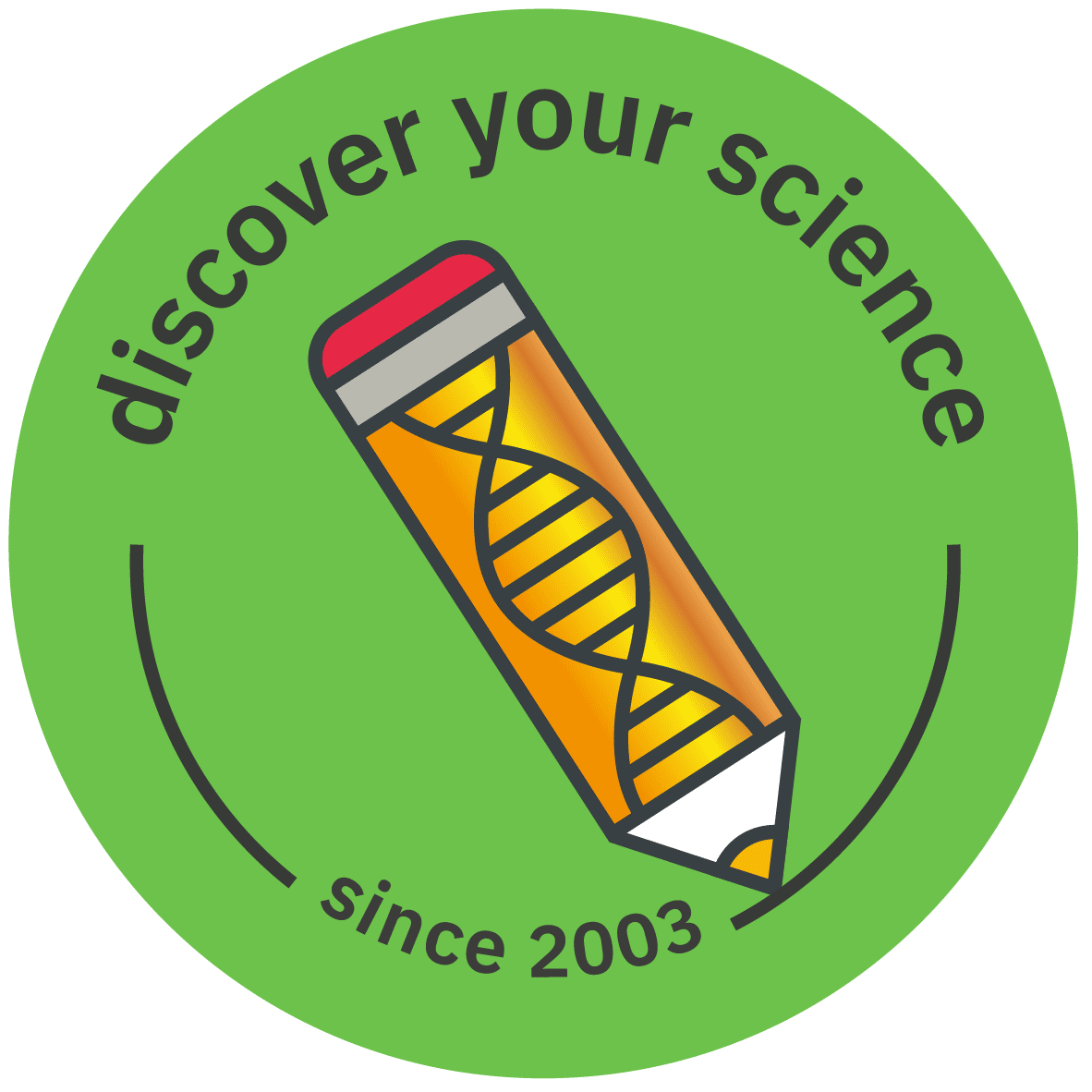EMBL School Ambassador Volker Lauschke
Country: Germany
Profile
My name is Volker Lauschke and I studied Molecular Biology at the Universities of Heidelberg, Germany and Bergen, Norway. In 2013 I obtained my joint PhD degree from the EMBL and the University of Heidelberg.
I enjoyed my PhD project and my time at the EMBL a lot, as it gave me the opportunity to work in a very international and inter-disciplinary scientifically stimulating environment. In my project I worked on non-linear molecular oscillators in embryonic development. Specifically, I tried to understand the role of gene activity oscillations in the context of the formation of vertebrae. If misregulated, these molecular processes can result in medical conditions such as scoliosis, a deformation of the spine that affects up to 3% of the population.
I greatly enjoy teaching and discussing science with students and the broader public and I think it is my responsibility and the responsibility of scientists in general to communicate experiments and findings. In my experience the interactions with nonexperts as an EMBL School Ambassador not only increase awareness and acceptance but also helped me directly by getting a new angle on my data and approaches thereby supporting the development of creative new ideas.
Diary
The European Learning Laboratory for the Life Sciences (ELLS) and SAP invited me and fellow PhD student Verena Tischler for a Design Thinking (DT) Train-the-trainer workshop in Munich. While there, we learned that DT is a very interactive process in which interdisciplinary teams develop creative solutions and innovative ideas by integrating a strong focus on customers needs. Furthermore, we got an overview of the variety of methods that DT employs to support out-of-the-box thinking.
After having gone through the creative process ourselves we were ready to apply what we had learned to guide around 50 high school students through the DT challenge “Big data – Big challenges”. Their task was to develop tools for conveying the fundamentals of genomic analyses including their promises and risks to fellow high school students and the broader public. To help them in the process, I answered their questions about DT and genomic sequencing. The students were highly interested in the scientific background and enjoyed going through the DT process. At the end of an intense day, they presented their results and were enthusiastic about the solutions they found.
I really appreciated the course for multiple reasons: 1) Knowing what you want to do and in which direction you want to develop your career is not easy in your last years of high school. This workshop gave me the opportunity to communicate what I like about science and biology thereby inspiring the students in their decision making process. 2) Furthermore, it gave me the chance to learn and teach the DT concept and improve on my communication skills to non-scientists. 3) By applying DT the students generated multiple good ideas that could help to increase public awareness about Next Generation Sequencing and its promises and challenges.
In summary, I want to thank ELLS for giving me the chance to participate in this workshop as it was a very rewarding experience for me and (hopefully) also for the students.


